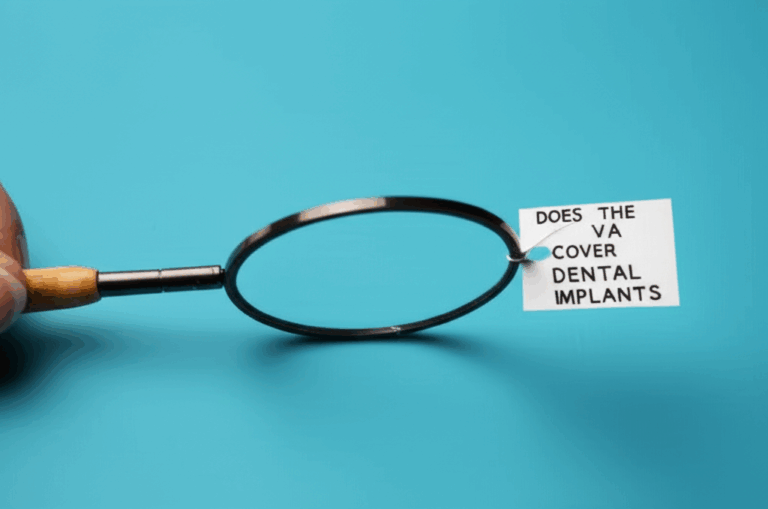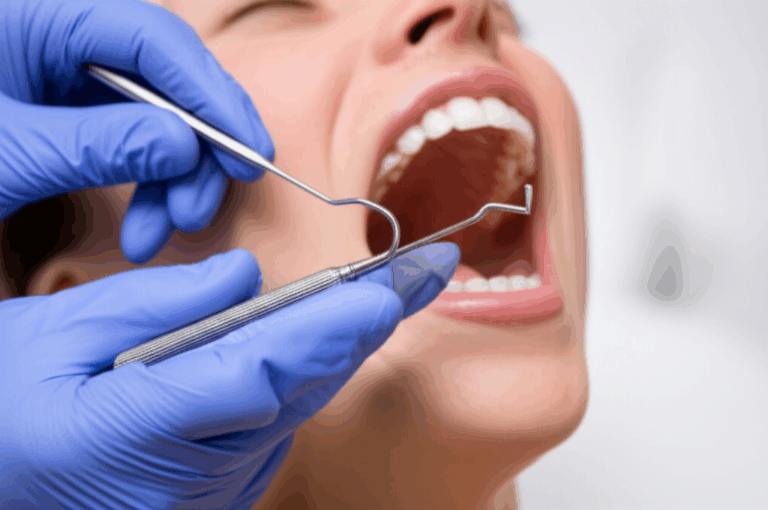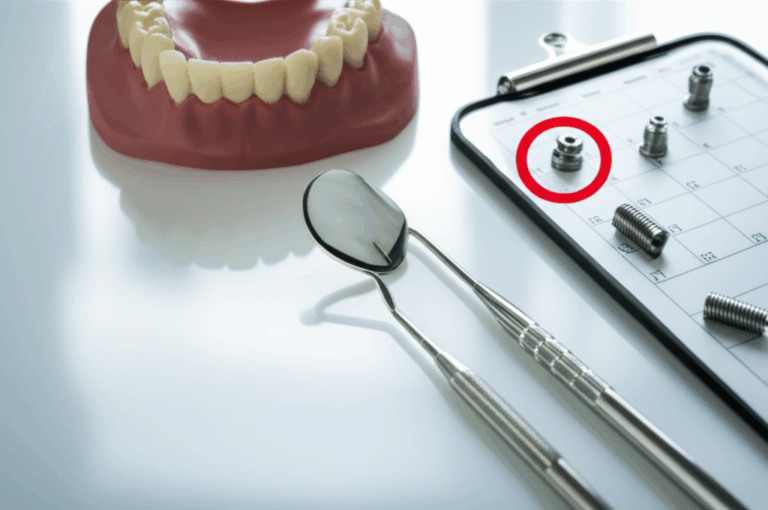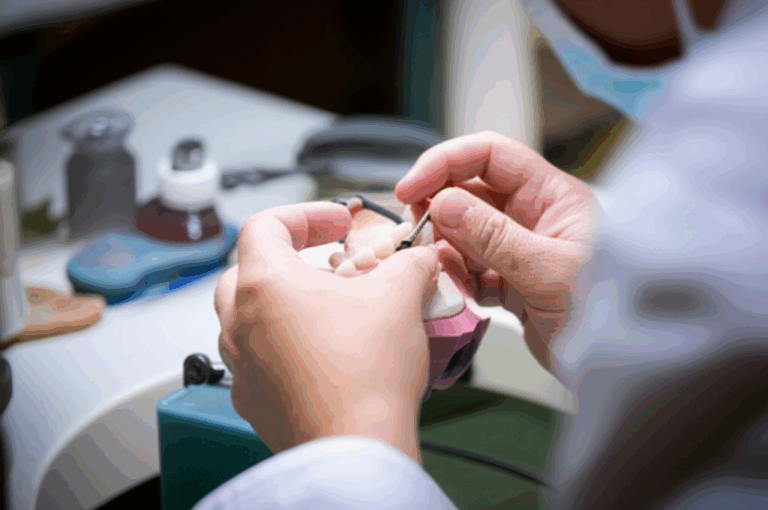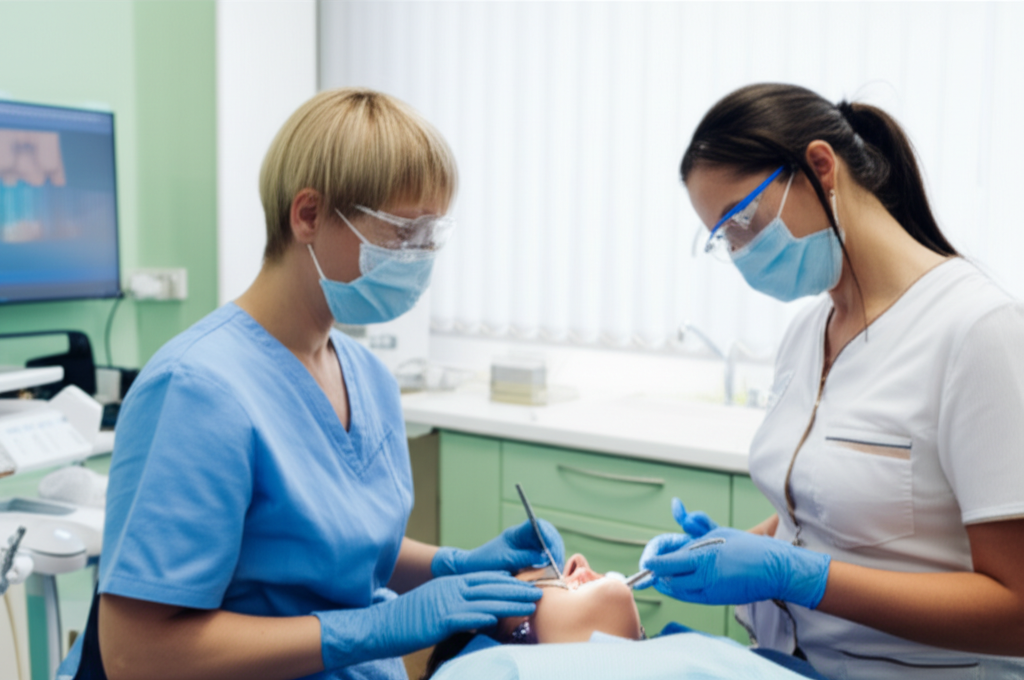
What is a Clinical Dental Assistant?
Your Guide to This Important Dental Job
The Real Question: Who Really Keeps the Dental Office Going Each Day?
Let’s be real—when you walk into a dental office, it’s pretty clear the dentist isn’t the only one working to keep your teeth healthy. The person who smiles at you, gets you in the chair, gently uses the suction, and always knows what tool the dentist will ask for next? That’s a clinical dental assistant. They’re the backbone of the office, mixing skill and caring to help both patients and dentists every single day.
Maybe you want to start a new job, or just want to know what these assistants do when you see them. No matter why you’re here, this guide has the answer: What does a clinical dental assistant do, and why is their job so important for your teeth?
In This Article
Here’s What You’ll Learn:
- What Is a Clinical Dental Assistant?
- What Does a Clinical Dental Assistant Do?
- Where Do Clinical Dental Assistants Work?
- Top Skills and Traits You’ll Need
- Becoming a Clinical Dental Assistant
- Pay, Job Outlook, and Moving Up
- How Clinical Dental Assistants Are Different from Other Dental Workers
- Is This Job Right for You? (Pros & Cons)
- Final Thoughts and Next Steps
What Is a Clinical Dental Assistant?
Let’s answer the main question right away.
A clinical dental assistant is a trained worker who helps the dentist with hands-on care for patients. They set up treatment rooms, help the dentist during procedures, handle infection control, take X-rays, teach patients, and may even help book appointments or do lab work. You’ll see them wearing gloves and a mask, standing chairside, calming worried people and keeping everything running smoothly.
Their goal? To make sure your visit goes as well as possible. They don’t clean teeth (that’s the dental hygienist), and they don’t just answer the phone at the front (that’s the front desk staff). Their job is in the treatment rooms and anywhere the dentist needs a hand.
In simple words: if the dentist is the “pilot,” the clinical dental assistant is the co-pilot—always ready, always helping, and making sure every patient feels safe.
What Does a Clinical Dental Assistant Do?
The Everyday Jobs That Matter
Think a clinical dental assistant just passes over tools? Nope. Their daily work uses both hands-on skills and people skills. Here’s what they do:
Chairside Assisting – Helping the Dentist Every Step
Think of a well-practiced team. The clinical dental assistant is always ready, handing over tools and materials, using the suction, keeping the work area clear, and making sure nothing gets in the way.
- Predict dentist’s needs: They often know what comes next before the dentist even asks.
- Mix and prepare dental stuff: Like filling materials or putting goo into trays so patients can bite on them.
- Help with all kinds of procedures: Fillings, crowns, root canals, taking teeth out—if the dentist does it, the assistant is right there.
Patient Care & Getting Ready – Helping People Feel Okay
Dental visits can make people nervous. A lot of the assistant’s job is helping patients feel calm:
- Greet and seat people: Smile, explain what will happen, and listen to their worries.
- Take blood pressure or health history: Sometimes you check their health to make sure things are safe.
- Teach about teeth: Show how to brush or floss, explain what treatments mean, and give before and after care tips.
Cleaning & Infection Control – The Safety Hero
Keeping germs away is a big part of the job:
- Clean and sterilize tools: Kind of like washing dishes, but super careful and much more important.
- Clean treatment rooms: Wipe down everything after each patient.
- Follow health rules: Follow strict guidelines for health, safety, and privacy.
Taking X-rays – Showing What You Can’t See
Dental assistants often take and develop dental X-rays.
- Special training or certificate is usually needed.
- Do it safely: Protect both patient and themselves using proper tools and shields.
Lab and Office Help (If Needed)
Some jobs aren’t daily but can come up:
- Take dental molds
- Pour and shape dental models in plaster
- Keep track of supply levels—order more when needed
- Update charts or help with schedules
Quick Note: Want to learn about how dental assistants help with special treatments in labs? See implant dental laboratory for one example.
Where Do Clinical Dental Assistants Work?
If you think these assistants only work in busy city offices, think again. Their skills are needed all over, from small town clinics to big city hospitals.
They work in:
- Regular dental offices
- Special offices: Braces, oral surgery, kids’ dentistry, gum care, and root canal clinics
- Community clinics and public health centers
- Dental schools and teaching hospitals
They may also work with dental labs for crowns, bridges, or dentures—sometimes checking in with experts from places like a dental ceramics lab to make sure everything works just right.
Top Skills and Traits for This Job
Not everyone is fit to be a clinical dental assistant, but if you have these qualities, it could be a great job for you.
Hands-On Skills
- X-ray know-how: Able to take clear, safe dental pictures
- Cleaning and infection control: Making sure everything’s clean and safe
- Dental words: Knowing the right words so the team and patients understand
- Helping with procedures: Quick with tools in tight spaces
People Skills
- Good communicator: Can calm nervous people, listen well, and talk with the whole team
- Caring: You’ll see people stressed or worried. Being kind matters a lot.
- Very organized: You’ll handle lots of little jobs at once.
- Careful and focused: Missing a step could be a big problem.
- Good hand skills: Ever tried holding a mirror, suction, and tools at the same time? Takes practice!
Becoming a Clinical Dental Assistant
Think this sounds good? Here’s how to get started.
Ways to Train
Certification and Rules
Every state is different—sometimes a lot! Some states let you do simple tasks without a license, but others need you to pass tests.
Main Certificates:
- DANB CDA (Certified Dental Assistant): The big one—covers infection control, X-rays, and basic skills.
- State license: You might also have to pass state tests and register. Special duties need extra training.
- X-ray certificate: Often needed separately.
- CPR and First Aid: Almost always a must, in case of health emergencies.
Tip: Picking a program with hands-on training (internship/externship) can help you land a job after school.
Interested in tech? Some programs cover basics like digital charting or imaging, skills that are useful in a digital dental lab.
Pay, Job Outlook, and Moving Up
So, is dental assisting a smart choice? The numbers say yes.
From the U.S. Bureau of Labor Statistics (BLS):
- 7% job growth (2022-2032): Faster than most jobs. Over 25,000 new jobs expected!
- Median yearly pay: Roughly $44,770 (2022). Beginners start lower, but those with more skills, in bigger cities or special clinics, and those with extra certificates, can make more.
- Top 10% earners: Make over $60,000 a year.
Why so much need?
- More people keeping their teeth as they get older
- More seniors needing dental care
- More types of treatments and new technology in dental offices
How to move up:
- Train to become an Expanded Functions Dental Assistant (EFDA)
- Move into office management
- Go to school for dental hygiene or lab tech jobs
- Teach dental assisting
- Work for companies that sell dental tools or products
With extra school, you could move into high-tech areas, like working with 3d dental labs using the newest technology.
How is a Clinical Dental Assistant Different from Other Dental Staff?
Think of a dental office like a music group—everyone has their own part. Here’s how clinical dental assistants are special.
Compared to Dental Hygienists:
- Hygienists scrub your teeth, do gum checks, and handle preventive care. They usually need a college degree.
- Clinical dental assistants help with all kinds of dental procedures, but they don’t usually clean teeth (unless they have special training).
Compared to Administrative Assistants:
- Front desk handles phone calls, appointments, bills, and insurance.
- Clinical assistants work mainly in patient rooms, helping with care.
Compared to Dental Lab Techs:
- Lab techs make things like crowns and retainers, often in a separate lab (see: dental lab for retainers).
- Clinical assistants help the dentist and talk to the lab to get the right fit for patients.
Is This Job Right for You? (The Good and Bad)
This job isn’t for everyone. It can feel great—or really hard—depending on what you like and how you work.
Good Things
- You help people directly: See the result of your care, every single day.
- Short time in school: Sometimes less than one year!
- Plenty of jobs and steady work: Dental care is always needed.
- Lots of variety: Every day and every patient is different.
- Ways to move up: You can learn more, specialize, or keep going in dental careers.
Hard Things
- Fast pace: You have to work quick and do a lot at once.
- Deal with things like spit and blood: If you’re squeamish, be ready for this!
- Physically tough: It means standing, moving around, and lots of hand work.
- Sometimes stressful: Patients can be scared or upset. Being kind helps a lot.
Want to learn about dental problems and treatment? See this dental problems resource.
Final Thoughts (And What You Can Do Next)
Here’s a quick checklist about clinical dental assistants:
- They are a key part of every dental care team
- They help dentists during treatments, look after patients, do X-rays, and handle cleaning
- You’ll find them in regular offices, specialty clinics, community health centers, and even some labs
- You usually need special school, a certificate (like DANB CDA), and must follow safety rules
- Lots of job openings and chances to move up if you want
- You need both skill with your hands and a caring, calm attitude
- Small actions—like calming a scared person or getting the next tool ready—can make a big difference
If you like helping others, enjoy working with a team, and want a steady job with room to grow—this could be a great fit.
Ready to start? Find a good, CODA-approved program in your area. You could also try shadowing a local clinical dental assistant to see the job in action. If you’re curious about the lab side of things, learning about a china dental lab or other dental labs could show you even more options.
Bottom line: Being a clinical dental assistant is about helping, skill, and being there for others. Whether you want this job—or just want to know more about who’s helping during your dental visit—you now know how valuable this role really is.
Frequently Asked Questions
How long does it take to become a clinical dental assistant?
Most programs last 9-11 months. Associate’s degree takes about 2 years. On-the-job learners can often start sooner but may not do every type of task.
Do I need a certificate everywhere?
Every state is different. Many need a license or require passing tests, especially for advanced jobs or taking X-rays. Check your state’s rules.
Can clinical dental assistants move up?
Yes! With more experience and classes you can become a manager, teach, move into advanced assisting (like EFDA), go on to dental hygiene, or try dental lab jobs.
What’s the difference between clinical and office dental assistants?
Clinical assistants work with patients and help dentists during procedures. Office assistants run the front desk, do billing, insurance, and keep records.
Take control of your career—and your oral health—by knowing all about the dental team. If you’re caring, enjoy working with people, and like a busy workday, being a clinical dental assistant could be just right for you.

